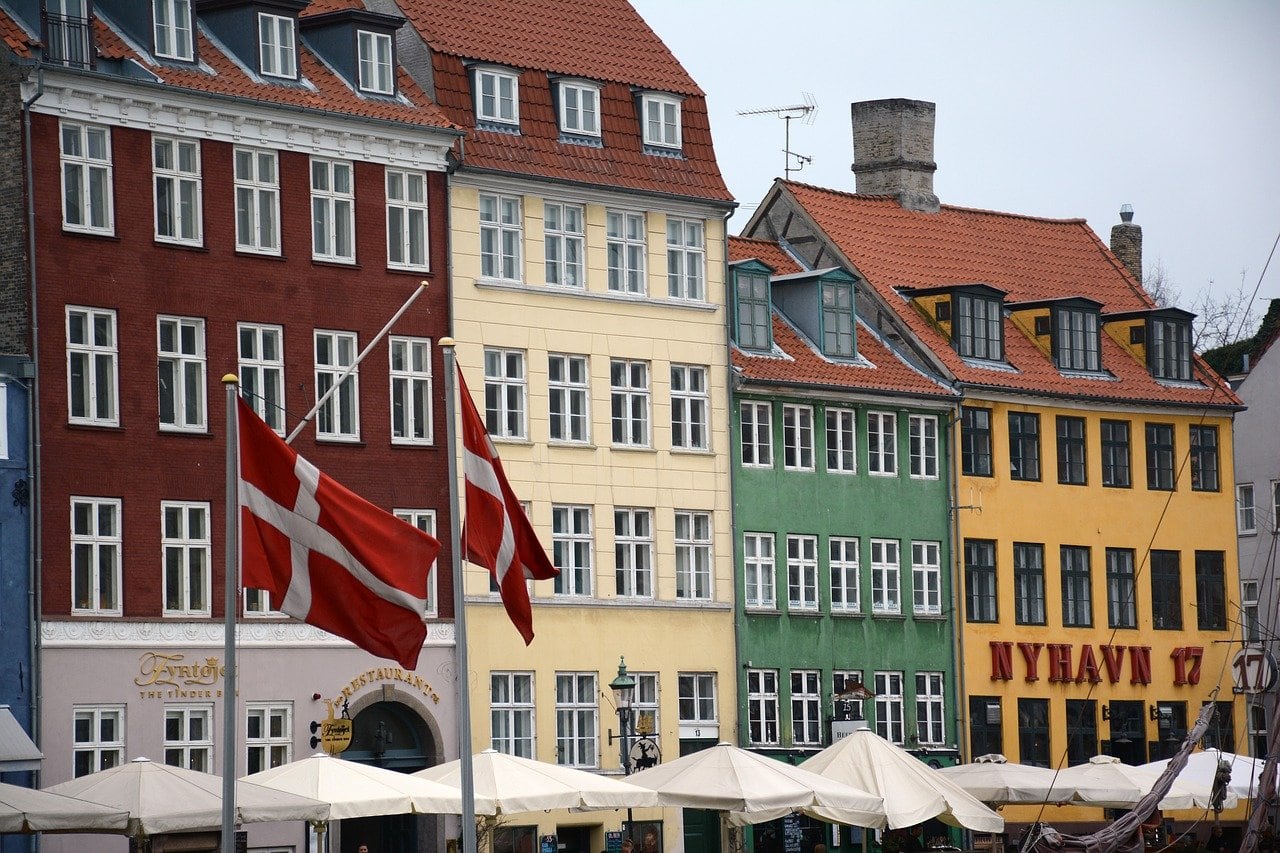
A coalition of five parties in the Danish Parliament, Folketinget, has agreed to a significant increase in the nation’s defense spending. The public broadcasting company, Danmarks Radio, reports that the extra spending was agreed upon by Prime Minister Mette Frederiksen’s social democrats, the two center-right Venstre and Radikale Venstre, the socialist SF, and the conservative party.
The agreement aims to bring Danish defense spending up from its current level at less than 1.2% of GDP to 2% by 2033. By some estimates, this means adding DKK 18 billion annually, an amount that, if applied to the current budget, would expand defense spending by two thirds.
Mr. Søren Pape Poulsen, chairman of the conservative party, calls it a historic agreement and hopes that it will transform Denmark from “a country that asks others to defend us” to a nation that can be an equal partner in an alliance.
The newspaper Information, a left-leaning publication, reports that the agreement is profound enough to mark “the biggest strategic reorientation of Danish defense policy” since 1991 and the end of the Soviet Union. The reason is in Denmark’s conditional acceptance of the Maastricht Treaty: in 1993, the Danish people approved of the Maastricht Treaty, which allowed Demark to opt out of the currency union, European justice system, common EU citizenship, and common EU military.
As part of the historic five-party agreement on defense spending, Information explains, a referendum will be held to dissolve Danish exception from the EU military. If the referendum, tentatively planned for this summer, rejects the integration of the Danish military with a European defense force, it would not prevent the increase in defense spending from taking place.
As a NATO member, Denmark is obligated to spend 2% of its GDP on national defense, a threshold the Scandinavian country is currently far from meeting.
